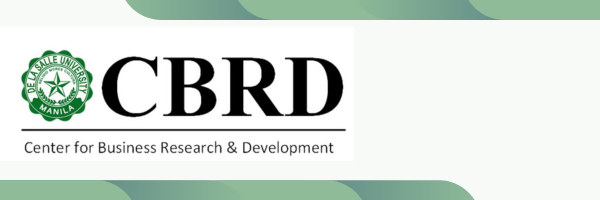College
Ramon V. Del Rosario College of Business
Department/Unit
Marketing and Advertising Department
Document Type
Article
Source Title
DLSU Business Notes and Briefings
Volume
11
Issue
3
Publication Date
9-2023
Abstract
Thirty years ago, the Earth Summit gathering in Rio de Janeiro held host to world leaders, setting a blueprint for a more secure future by balancing economic growth and ecological necessity. Created for member states to cooperate in response to worldwide development issues, the United Nations Conference on Environment and Development (UNCED) sought to address these challenges and achieved a global consensus on the priorities for a new development agenda (United Nations Conference on Environment and Development (UNCED), Earth Summit, n.d.) As sustainability issues encompassed the whole of the planet, the summit provided a platform for member states to collaborate towards sustainability goals. This was a call to break away from the old economic model, which has paved the way for ecological disasters. It was time for a new economic model that, as the United Nations Secretary-General Ban Ki-Moon described as sustainable development (Millar & Gitsham, 2013). The concept of sustainable development for a secure future has made some impacts in shaping the contemporary political, societal, and business landscapes. Thirty years later, the challenges of businesses in balancing the differentials between the quality of life and resource scarcity are still to reach a point of universal adaptation to secure this future. The recent COVID-19 global crisis is a case in point that necessitates this secure future in the face of uncertainties and the vital role of business. This gives researchers a motive to investigate what business is and its purpose and to understand practical mechanisms throughout different levels to improve the current situation.
Recommended Citation
Paredes, M. (2023). The Culture & Practice Convergence: Looking for Ways Towards Sustainability. DLSU Business Notes and Briefings, 11 (3) Retrieved from https://animorepository.dlsu.edu.ph/res_cbrd/16
Keywords
sustainability, organizational culture, sustainable practices
Media Format
flash_audio
Upload File
wf_yes
Included in
Business Law, Public Responsibility, and Ethics Commons, Organizational Behavior and Theory Commons


